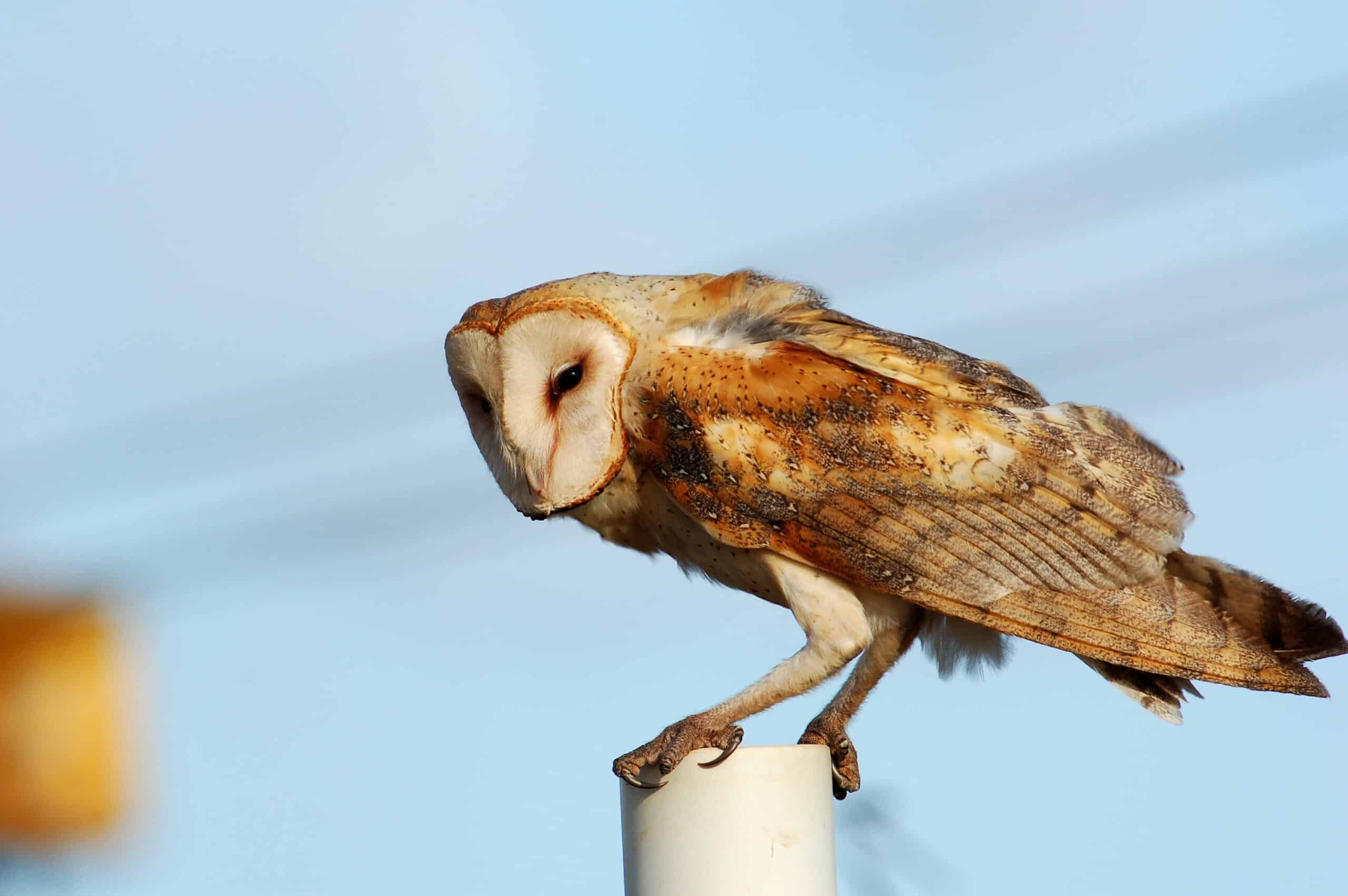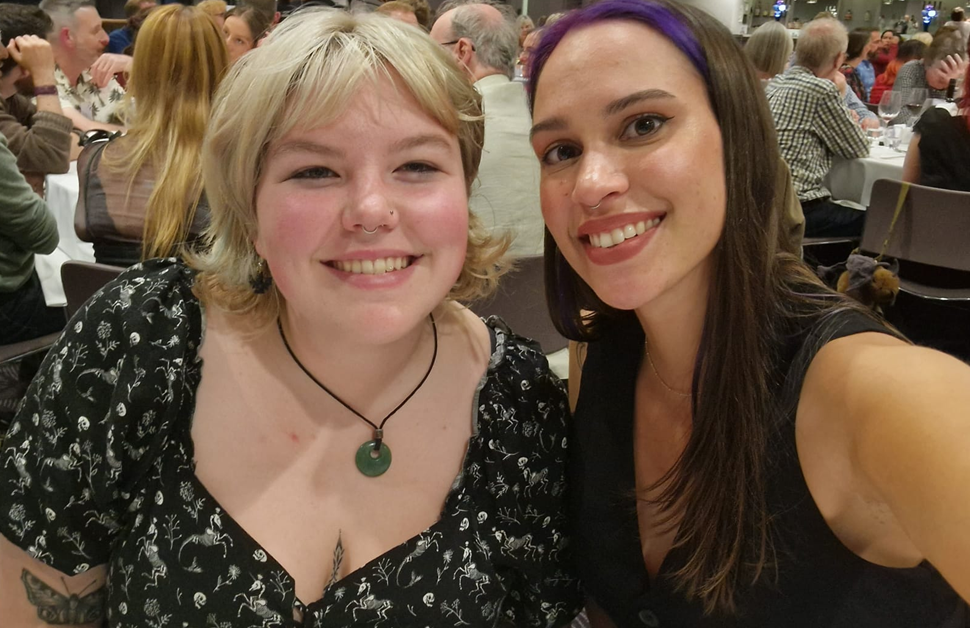
Martin O’Connor attended a field day and workshop put on by the Barn Owl Trust in February 2014, along with fellow Arbtechers; Craig, Mark, Nat and Jo.
Why a Barn Owl Course?
As ecologists, we occasionally stumble across barn owls (Tyto alba) in the course of undertaking our surveys. Aware that these birds of prey are a Schedule 1 protected species, I put the view to several colleagues that we needed a deeper understanding of this species at Arbtech. They agreed. Looking around on the Internet, it is not difficult to find continued professional development courses being run by a variety of providers, to help ecologists better understand barn owls. The Barn Owl Trust run five such courses a year, so I booked one for myself and several of our team, after a recommendation from a friend. The course is run over one full day and is jammed packed, beginning with the usual introductions both from the Barn Owl Trust staff and delegates.
The Lowdown
Kicking things off, we had a lecture introducing us to barn owl ecology. This session describes the behaviour/annual cycle; the sites and the habitats of the owls; and the population decline due to habitat loss. The conservation status was also comprehensively covered. I think I speak for the entire course of delegates when I say that we were staggered to learn just how rare barn owl are these days, with an estimated 1200 pairs (at most) presently recorded in the UK. That’s a lot less than I thought. After a short coffee break, the next session took us through the legal protection afforded to the owls as well as the planning policy that could affect a development if barn owls are discovered. The current law relating to barn owls includes:
- Wildlife & Countryside Act 1981 (as amended)
- Countryside & Rights of Way Act (2000)
- Various planning policy, including the National Planning Policy Framework
This session also covered licencing, which covers the disturbance of nesting barn owls. Because the main reason for me personally attending this course was to find out about licences and the legal issues relating to barn owls on development sites, this session along with mitigation/enhancement session were of the most interested to me by far. Another short comfort break, and we were straight into identifying field signs. On a large table laid out before us, was a rather macabre display… Presented with at least 10 dead barn owls, which has reached various stages in their life cycle, we were asked to handle, examine and study them for identification features. There was also plenty of other field signs to learn how to identify, including regurgitated pellets (the indigestible remains of their food), eggs and nest debris. After lunch the sessions are in the field. I will not spoil this session for you by giving an detailed description, however, if you like field skills (what self-respecting ecologist doesn’t???), then this will undoubtedly be the highlight of the day. Needless to say, you will find yourself examining the barns at a nearby farm for evidence of owl and other species. A short ride in the minibus back to the venue, for the last session of the day: barn owl mitigation and enhancement (my favourite bit). This lecture was really well executed and you could tell the Barn Owl Trust staff really knew their subject, that included; if, what, when and how to mitigate. If you’re familiar with the basic principles of mitigation for other protected species, such as bats, the methods you will use to evaluate your barn owl survey data and make mitigation and enhancement recommendations will follow a similar pattern that you are used to. A question and answer sessions follows and concludes the (already, long) day – now for a 3-hour drive home!
In summary
In my view, this is a fantastic course if you want to know more about barn owls to build up your ecological consultancy skill set. I would highly recommend it for any budding ecologists or students as well (if you’re flush with that loan cheque), because barn owl ecology isn’t likely to change any time soon and the faster you can get basic skills of identification under your belt, and then get out and practice them, the more employable you are!
I really hope you enjoyed reading about my experience on the Barn Owl Trust course. Please feel free to ask questions or leave comments below; and of course, the whole purpose of this course review is to share knowledge within our industry, so please use twitter, Facebook and any other method you like of sharing this among your colleagues and friends




